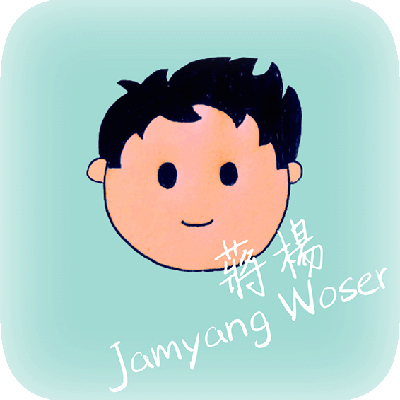【COLUMN∣JAMYANG 】Mind Management Teachings:(二)Khenpo Tengye:Recognize your mind

Where is the mind? Why should we learn about it? Shantideva, the great 8th century adept, stated in a verse, “Not knowing this mind, supreme amongst the sacred Dharma, we drift meaninglessly pursuing happiness and avoiding suffering”. If we are unable to know our mind and its profundity, the seeming attempts at attaining happiness and avoiding suffering are constrained to a superficial level. Ultimately, we wander aimlessly, unable to attain the perfect wisdom from within.
The sole aim of Buddhist practice is to liberate ourselves and all sentient beings. To attain the wisdom of liberation, first, we have to understand what the mind is. Then, we begin to manage and subdue it. We should also be reminded that we need to manage our own minds, not that of others.
What is the mind?
The nature of the mind is clear and knowing. During the previous exercise, we were told to observe the presentation carefully and then asked what we had noticed. This mindful observation is known as ‘clarity’. If we can maintain a clear state of mind and return to its natural appearance, the mind becomes vast and limitless. We also asked how everyone felt. This is the ‘knowing’ aspect, which can experience external phenomena. A mind that remains clear and aware can distinctly recognize the effects external phenomena have on ourselves, and not become distracted by them.
How can we manage our minds?
We are innately endowed with Bodhicitta, the enlightened mind that is clear and knowing, but we need to gradually familiarize ourselves with it so that it can ripen. The key here is how we can manage and direct our minds toward the right path. Managing the mind means reconnecting with our Bodhicitta, which can be explored through three aspects: benefiting oneself, benefiting others, and benefiting both self and others.
Benefiting oneself relies upon listening, contemplation and meditation. We have to listen to the Dharma carefully, think about it constantly, and practice it in our lives. We need to remind ourselves not to be distracted and be aware if we are present in the moment. A distracted mind is like an overturned bowl, unable to hold the best tasting spring water. We have to be careful not to listen to the teachings while overwhelmed by afflictions or harboring an unvirtuous motivation. Finally, we need to remember the teachings. If we don’t recall them, it would be like using a bowl with a hole to collect water, unable to contain all the contents.
Benefiting others relies on speaking, debating, and writing. These different ways of sharing and discussing make an impact on other people. Talking and debating on the Dharma helps with one’s study and practice, while writing conveys the meaning of wisdom.
The basis for benefiting both self and others is wisdom, discipline, and kindness. Wisdom is founded upon the knowledge obtained from studying. Discipline is to be able to practice continuously; it is a commitment, a progressive practice.
If we don’t remember the mind training instructions taught to us, continue to focus on external phenomena without settling and observing our minds, and check our phones whenever we are free, we will be disconnected from our Bodhicitta. Sometimes, we know that we are already endowed with Bodhicitta, but still fail to be mindful of it and practice it; we feel too busy so we put off practice, and this also switches off our Bodhicitta. Managing our minds is like working out—— we have to persevere and train continuously.
When I was studying at the Shedra, I scored a 98 on a test on The Way of the Bodhisattva. However, I discovered that those who did poorly are the ones actually able to be selfless towards others. I became anxious and consulted Rinpoche, who gently replied, “Practice slowly, and you will arrive quickly.” We can’t rush at mind management; we can’t approach it as if we are preparing for an exam. Only by slowing down our pace and practicing in our daily lives, we can truly be able to manage our minds. In this way, we can head towards the path of liberation that benefits both ourselves and others.
▸Related◂
- (一)Understanding the mind and taming our afflictions: First of the Mind Management series in Taipei
- (二)Khenpo Tengye:Recognize your mind
- (三)Khenpo Dawa:Manage the mind and be your own master
- (四)Khenpo Chonyi:Learning about the mind: First, forget who we are
- (五)Let’s talk about our minds today
- (六)Khenpos swear too? Five questions about Mind Management

JAMYANG 蔣揚
A native of Taiwan, Jamyang grew up in Singapore and gradually developed an interest in studying languages. He is currently learning Tibetan.
出生在台灣的蔣揚,在新加坡長大,並對語文感到興趣,目前正在學習藏文。